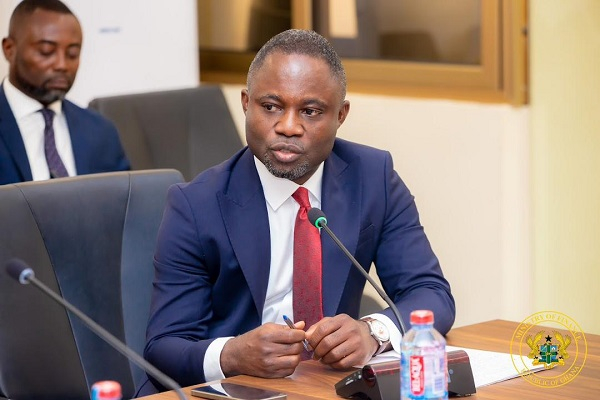Local Representation: MTN Nigeria beats Airtel, Glo, others to emerge number 1
Government intervention in key economic sectors is nothing new, especially in frontier and emerging markets. This approach is often used to reap significant benefits and ensure the long-term sustainability of specific sectors. One popular intervention strategy is the Local Content Policy (LCP), which has been adopted by many economies.
In a bid to maximize the benefits of the telecommunications industry and strengthen its ties to other sectors of the national economy, the Federal Government of Nigeria, through the Nigerian Communications Commission, launched the National Policy for the Promotion of Indigenous Content in the Nigerian Telecommunications Sector (NPPIC) in May 2021.
The LCPs aim to promote local enterprise growth and speed up the transfer of skills and technologies to host countries in specific sectors. The policy’s primary goal is to ensure that a larger share of the benefits generated by the industry remains within the country.
The Local Content Act of 2010 has been a game-changer for the oil and gas industry, driving local value addition and creating thousands of jobs for Nigerians. It is against this backdrop that the National Policy for the Promotion of Indigenous Content (NPPIC) in the telecommunications sector was developed to boost local content, drive economic growth, and create opportunities.
The policy aims to mirror the success of the Local Content Act (2010) within the telecoms industry. It also aligns with Pillar #8 of the National Digital Economy Policy and Strategy (NDEPS 2020-2025), focusing on Indigenous Content Development and Adoption.
Given the importance of LCP and in line with the United Nations Sustainable Development Goals (UNSDGs), a new report has highlighted MTN Nigeria Communications PLC’s leading position in local representation within its workforce and leadership, surpassing competitors like Airtel and Globacom.
The 2024 Sustainability Report reveals that over 99 per cent of telco giant’s 1,847 permanent employees are Nigerians, demonstrating a strong commitment to local talent and significantly outpacing industry peers in this regard.
The report further emphasises the Y’ello brand’s dedication to diversity across various metrics. Approximately 93 per cent of the executive management team, including the Chief Executive Officer are Nigerians.
The company has also actively worked to increase female representation, with women now making up 41.4 per cent of the total workforce, an increase from 38.7 per cent in 2023. This focus on gender diversity extends to the executive management team, where women constitute approximately 46.7 per cent.
These efforts are supported by initiatives such as the “Women in Tech” program, designed to up-skill female employees in emerging technological fields, and the “MTN Y’ello Mums Internship Programme,” assisting mothers returning to the workforce.
Furthermore, the company’s commitment to inclusivity is evidenced by its “Beyond Barriers” program, which specifically addresses the needs of persons with disabilities in the workplace. Its robust approach to local talent development and diverse representation has earned it several accolades including the “Employer of the Year” award at the 4th Edition of the Nigeria Employers’ Consultative Association (NECA) Employers’ Excellence Awards.
Individual recognition for its female leaders such as Odunayo Sanya (CSI Personality of the Year), and Uto Ukpanah (Global Corporate Secretary of the Year), further underscores the success of these initiatives.
While data on competitors’ local representation ranks fairly low in comparison to MTN Nigeria’s figures, the industry leader has firmly established its leadership in fostering a predominantly Nigerian and diverse workforce within the country’s telecommunications sector.











